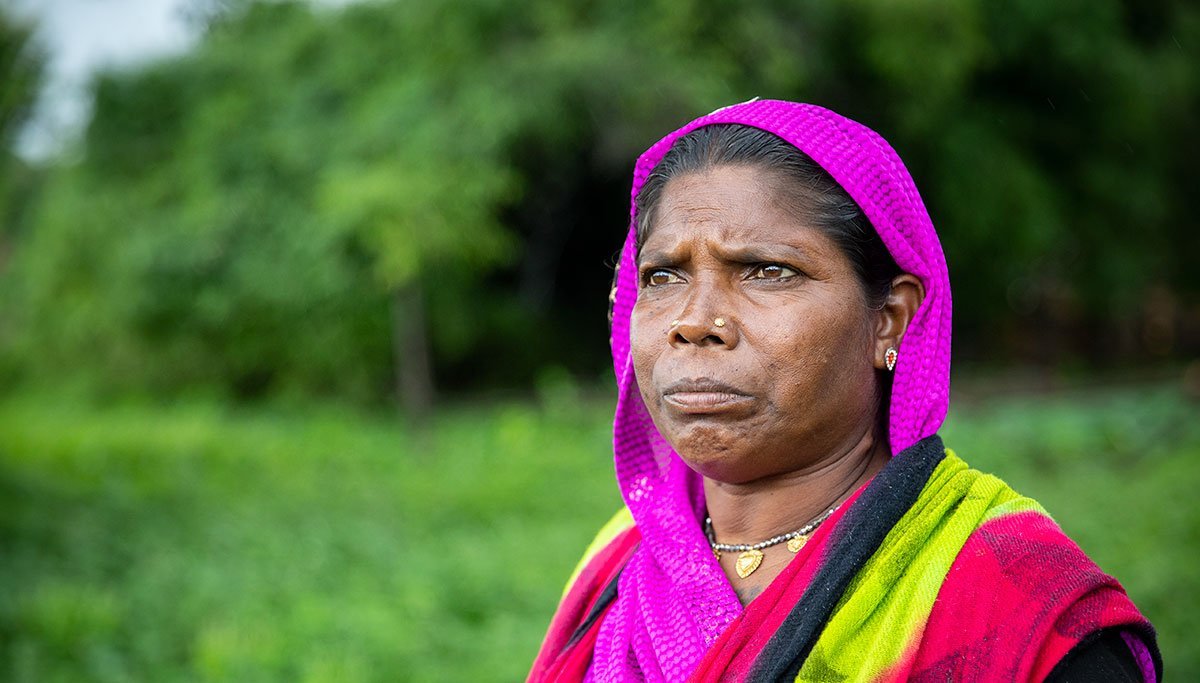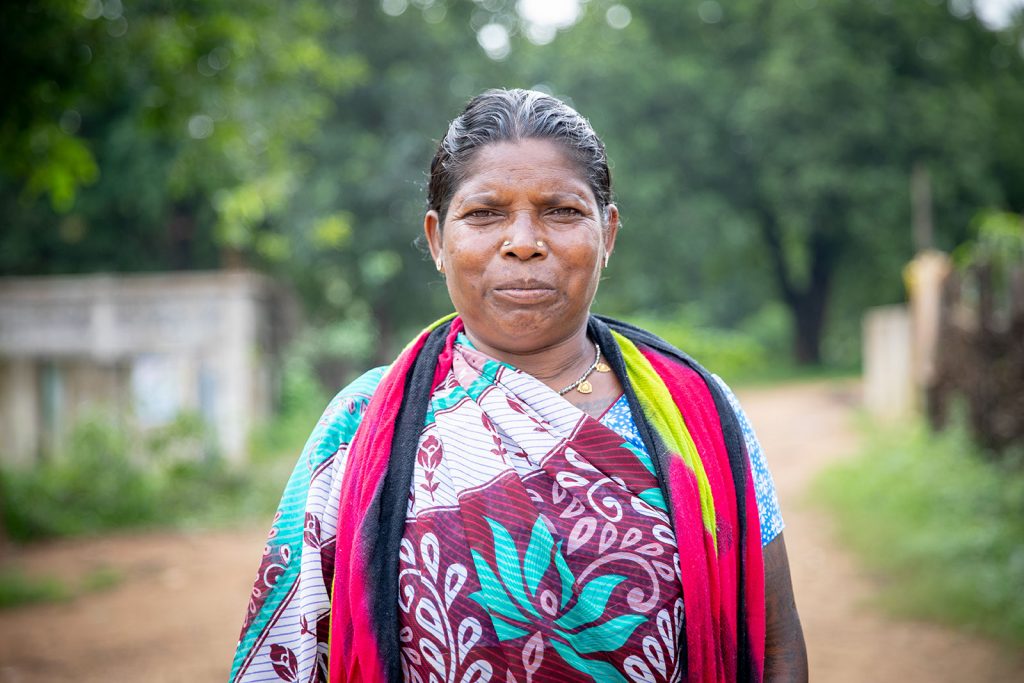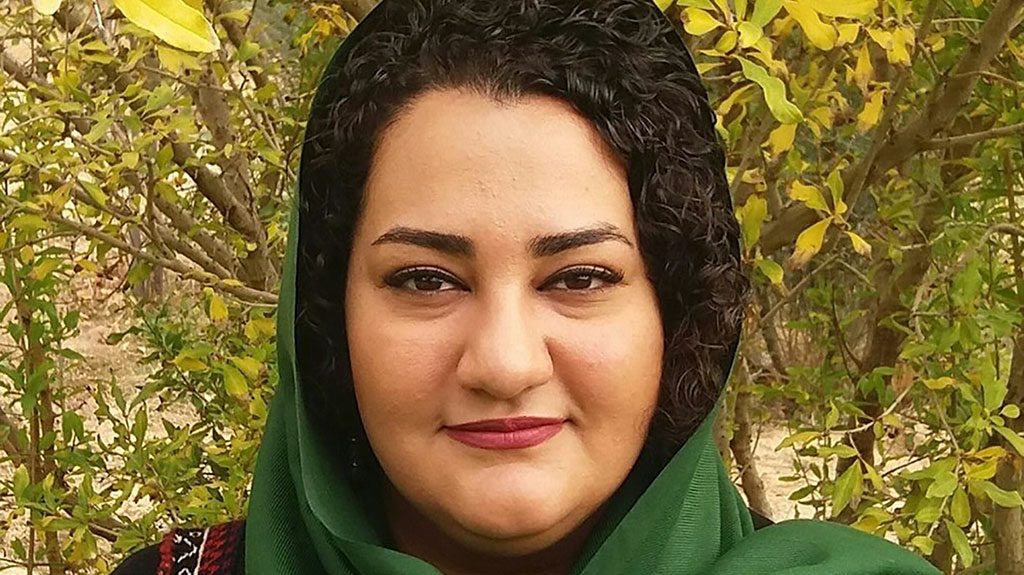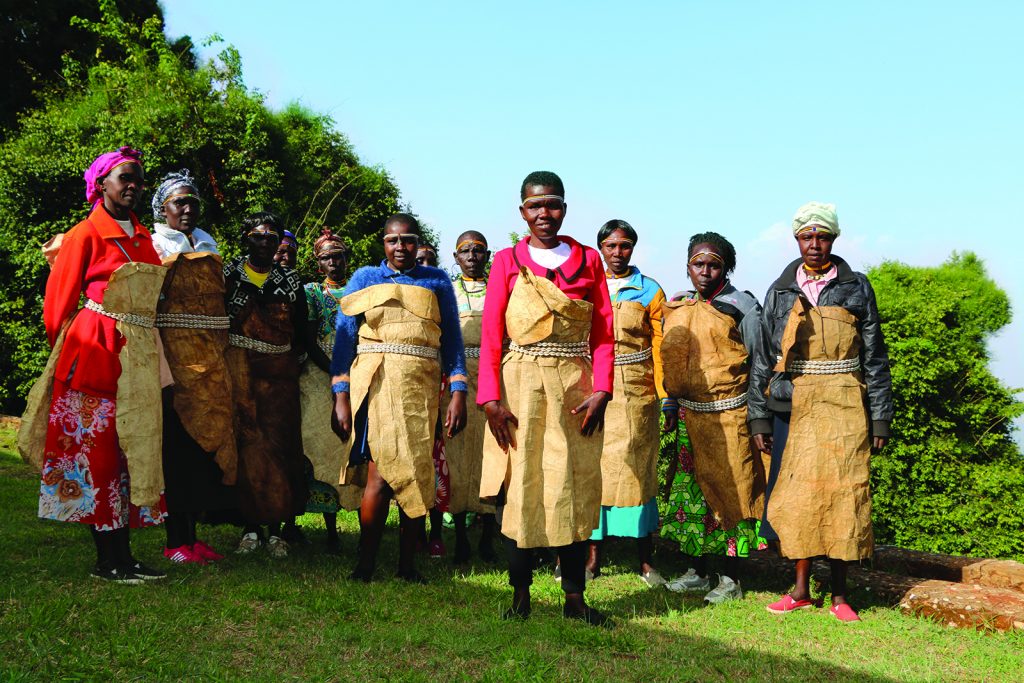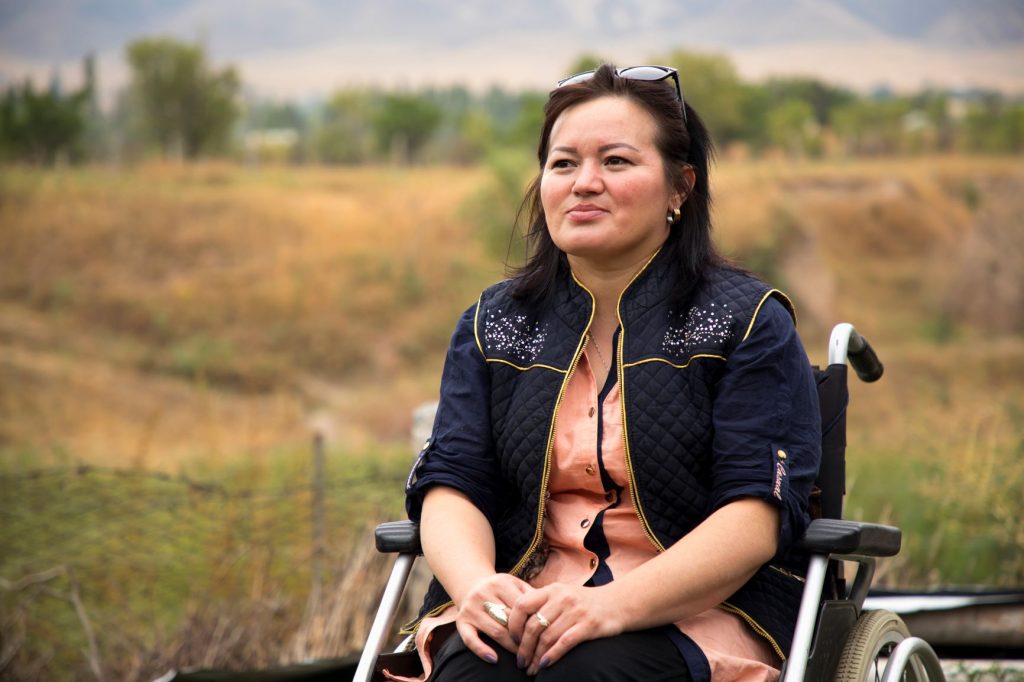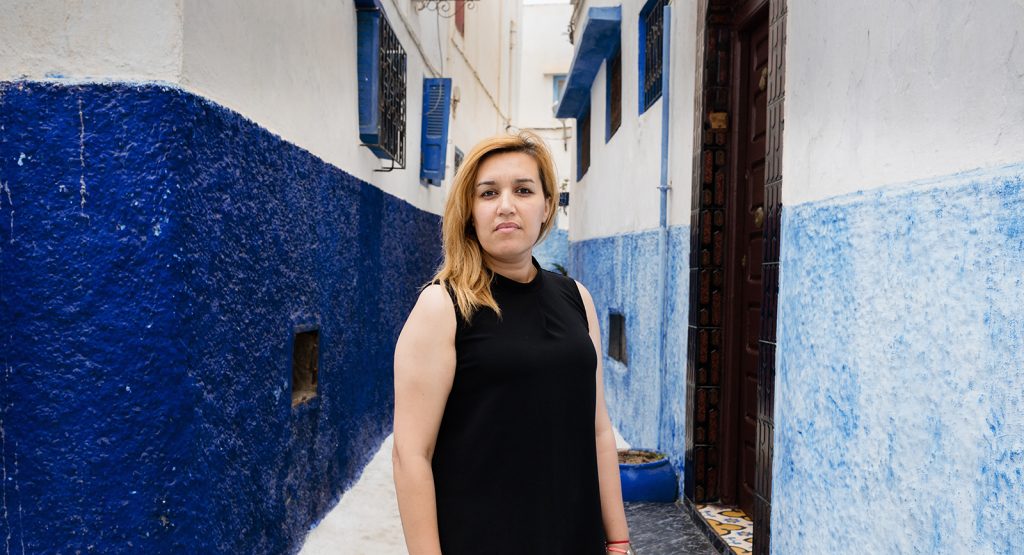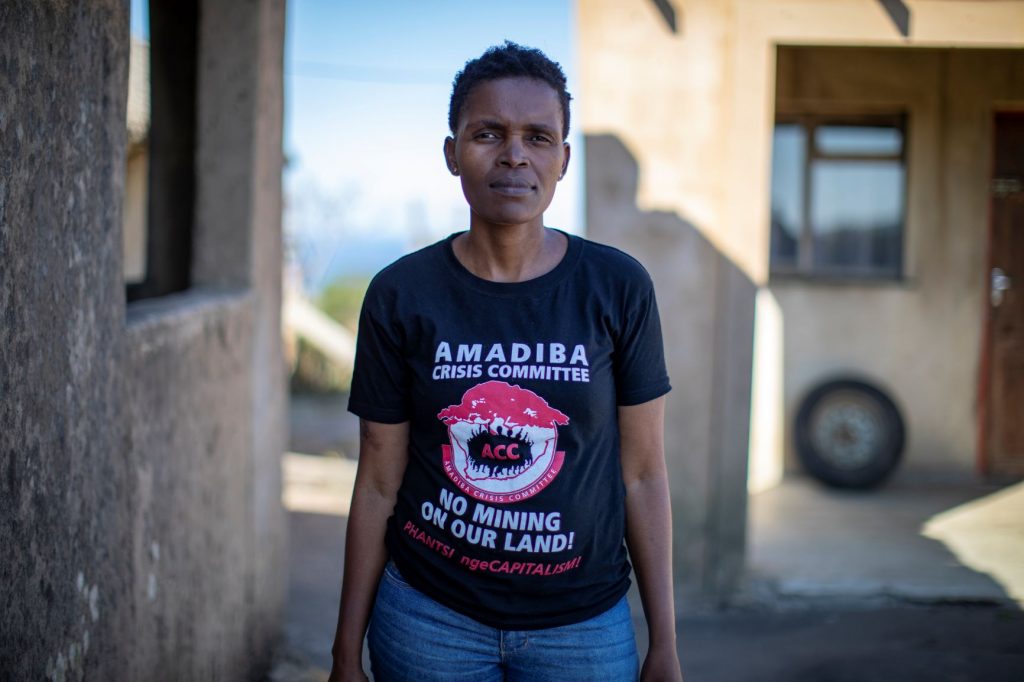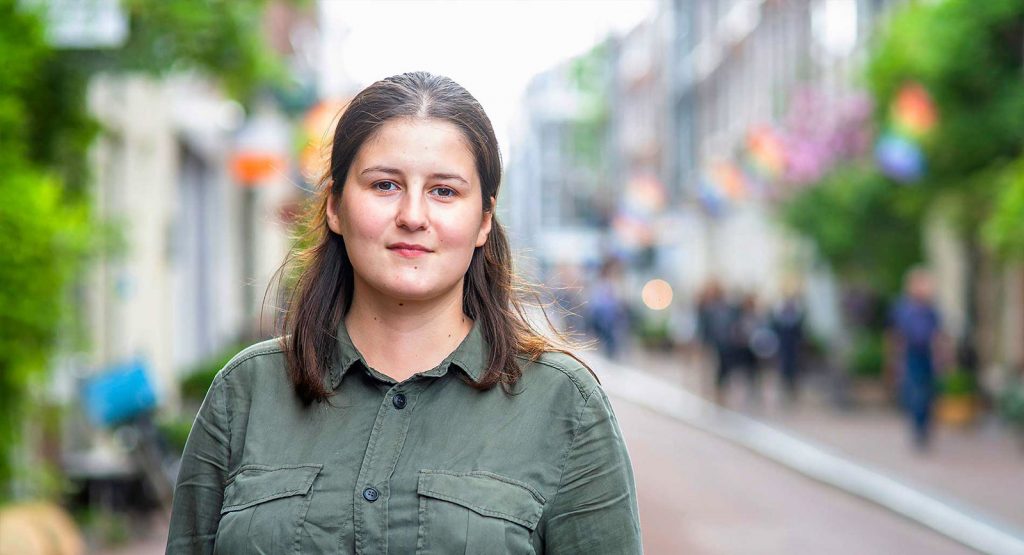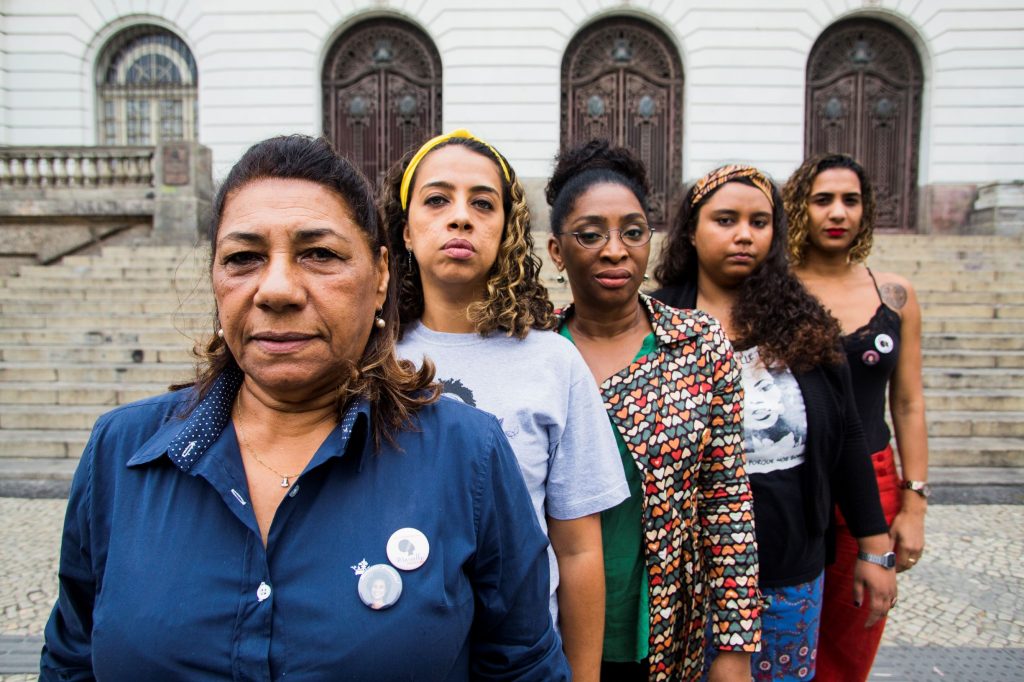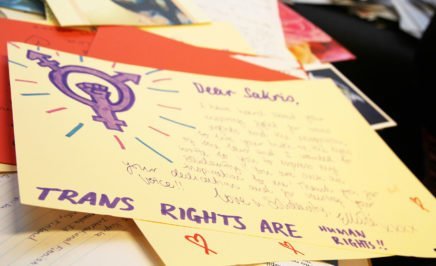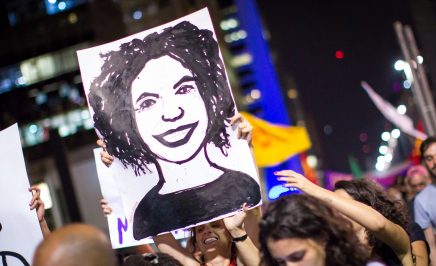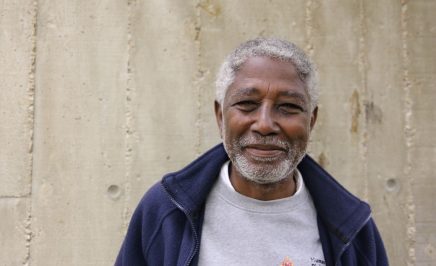Every year Amnesty International supporters around the globe send millions of letters to people whose human rights have been violated.
Through Write for Rights, the world’s biggest letter writing campaign, Amnesty encourages supporters to send messages of solidarity to people who have been punished for standing up against injustice.
This year, Amnesty will be shining a spotlight on brave women who are defending human rights. Some of them have been jailed, tortured and even killed for their work. We want to show them they are not alone and that people all over the world are inspired by their bravery.
It’s time to stand together, seek justice and start writing!
Pavitri Manjhi, India
Pavitri is part of an Adivasi Indigenous community who are being forced to sell their land to make way for two power plants. As a village leader, Pavitri has helped people file nearly 100 formal complaints against the companies involved. Now she faces threats from local ‘strongmen’ who want to force her to withdraw the complaints.
“We are struggling, we are fighting for our land and we will continue to fight for the same,” said Pavitri.
“Our lives are dependent on our land and forest and we will fight for our rights.”
Despite the difficulties she faces living in a male-dominated society, Pavitri was elected as leader of her local village body. Her determination in the face of these obstacles has inspired other women in her community to take up leadership roles.
Atena Daemi, Iran
Atena Daemi is one of the many human rights activists who have been targeted by the Iranian authorities in recent years. An anti-death penalty campaigner, Atena is currently serving a seven-year prison sentence for criticizing executions and human rights violations on social media.
When Atena was first arrested by Iranian Revolutionary Guards in 2014, she was transferred to Tehran’s Evin prison and held in solitary confinement in an insect-infested cell which had no toilet. She was blindfolded and interrogated, often for more than 10 hours at a time, over a period of two months.
“I will defend the rights of my sisters until my last breath,” said Atena.
“I will not allow security bodies, which already violate Iran’s own laws, to treat our families as a means to inflict mental torture on us…I would rather die than be a slave of oppression.” Before she was locked up, Atena regularly took part in gatherings outside prison to show solidarity with families of death row prisoners and distribute anti-death penalty pamphlets.
Sengwer community, Kenya
Albina [blue sweater] is from Kenya’s Indigenous Sengwer community who have been fighting to stay on their ancestral land in Embobut Forest. The Sengwer have lived here for centuries and have a deep spiritual bond with the land, but now they are being forced out and families are being torn apart.
Albina’s troubles began in January 2014 when the Kenyan government decided to resettle everyone living in Embobut Forest, ostensibly to reduce illegal logging in the area, a problem that has been unfairly blamed on the Sengwer.
Since then thousands of people have been made homeless after their houses were burned. Most men remain inside the forest to look after their animals and what little remains of their property, while the women, like Albina, stay with their children, often in deplorable conditions outside the forest.
“We have experienced many human rights violations, but no action has been taken,” said Albina. “Children no longer go to school and there are no opportunities for development.”
“With the support of other Sengwer women, I want to take action and speak out.”
Gulzar Duishenova, Kyrgysztan
Gulzar Duishenova’s life changed forever in 2002, when she was involved in a car accident and lost the use of her legs. After meeting others in Kyrgyzstan who’d had similar experiences, Gulzar decided to campaign for equal access to health services, jobs and infrastructure on behalf of other women with disabilities. However, sheH faces daily discrimination in a society where women are not meant to speak out and people with disabilities are regarded as “invalids”.
“We were born in Soviet times and have been taught by our parents that a girl should always be silent,” said Gulzar.
“We are told that we are not allowed to talk, but we still do.”
Nawal Benaissa, Morocco
Nawal Benaissa is a leading female figure in the Hirak movement, which has been standing up for the rights of people in Morocco’s northern Rif region and calling for an end to their marginalization.
Since May 2017, Moroccan security forces have arrested hundreds of protesters, including children and several journalists, over largely peaceful protests in support of the Hirak movement. Nawal was arrested four times between June and September 2017 and ordered to shut down her Facebook account, which had more than 80,000 followers. She’s been harassed by the Moroccan authorities every step of the way.
In February 2018, Nawal, a mother of four, was given a 10-month suspended prison sentence and fined 500 dirhams (around US$50) on several charges including “incitement to commit” criminal offences. She’s appealing the verdict, but the harassment continues.
Geraldine Chacón, Venezuela
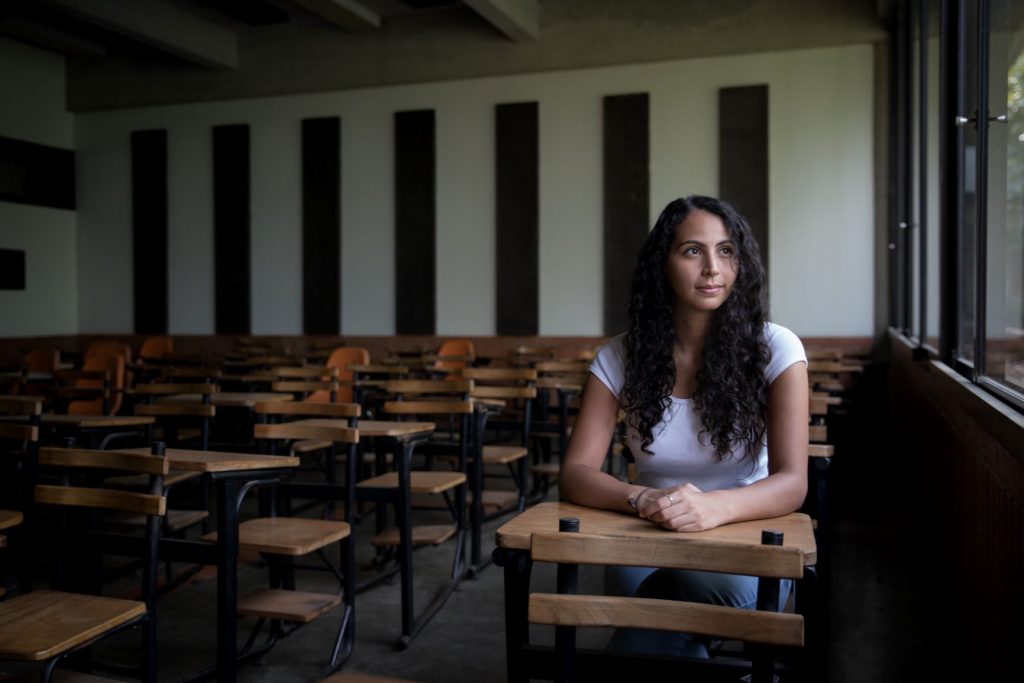
Geraldine started her peaceful campaigning when she was just 14 as a youth leader in Caracas. She’s since gone on to do amazing human rights work. She started an Amnesty International youth network and supported individuals at risk of imprisonment and persecution. She later ran outreach programmes for poor youngsters in Venezuela with the NGO Community Ambassadors Foundation.
Now, Geraldine finds herself in need of the same help as she has given to many other people. This year, she was arrested and spent four months in prison in appalling conditions just because of helping young people understand and defend their rights in Caracas. Even though Geraldine was conditionally released by the authorities in June 2018, she can’t leave Venezuela and could be arrested again at any time.
“I’ve campaigned for Write for Rights cases before. I never imagined I’d be on the other side of the campaign,” said Geraldine.
Nonhle Mbuthuma, South Africa
Nonhle Mbuthuma is a human rights activist from the Amadiba community in Pondoland, South Africa. She is leading the fight against a company which wants to mine titanium on the Amadiba’s ancestral land. If this work goes ahead, around 5,000 people could lose their homes. Nonhle is being harassed and threatened for her opposing the mining, and has even survived an attempt to kill her.
“We live in a peaceful, beautiful area where we share everything – food, land and love. The elites have discovered what we have and want to take it away from us,” Nonhle said.
“Some of my colleagues have been killed, and I know I could be too. But I am not scared.”
Vitalina Koval, Ukraine
Vitalina Koval always wanted to make a positive difference. She uses her incredible energy to support local LGBTI people in Ukraine. But she and other activists have been violently attacked by far-right groups, just for speaking out against hate.
On 8 March 2018, Vitalina organized a peaceful demonstration for LGBTI and women’s rights to mark International Women’s Day. The police reassured her that she and her fellow demonstrators would be safe, but a far-right group shouted insults and hurled red paint at them. Vitalina suffered chemical burns to her eyes. Her attackers were detained for just a few hours.
“There are many people in the LGBTI community in Ukraine who are afraid. I wish that they weren’t feeling under direct threat,” said Vitalina. “When I was organising art and culture events before, I never had to think about security. Now, I always have to consider it. It’s killing me.”
Marielle Franco, Brazil
Marielle Franco fought fearlessly for a fairer Rio de Janeiro. She stood up for black women, LGBTI people and young people. She condemned unlawful killings by police. But then she was silenced, shot dead in her car.
It’s part of a pattern in Brazil, where at least 70 human rights defenders were killed in 2017. Now Marielle’s family, along with her teacher and friends, are determined to seek justice, with the support of organisations such as Amnesty International.
“I’ve never thought and even she [Marielle] would not have imagined that she could enter directly into politics as a parliamentarian,” said her mother (front).
“She knew what she wanted. No one can take that away from her. Going into that Parliament full of men, full of those white men. I think her presence was an affront to them, I really do.”
“A woman from the margins, a black woman. If it was planned, there is a culprit. We need to know what motivated this. And we want an answer as soon as possible.”
Nguyen Ngoc Nhu Quynh (known as ‘Me Nam’), Viet Nam
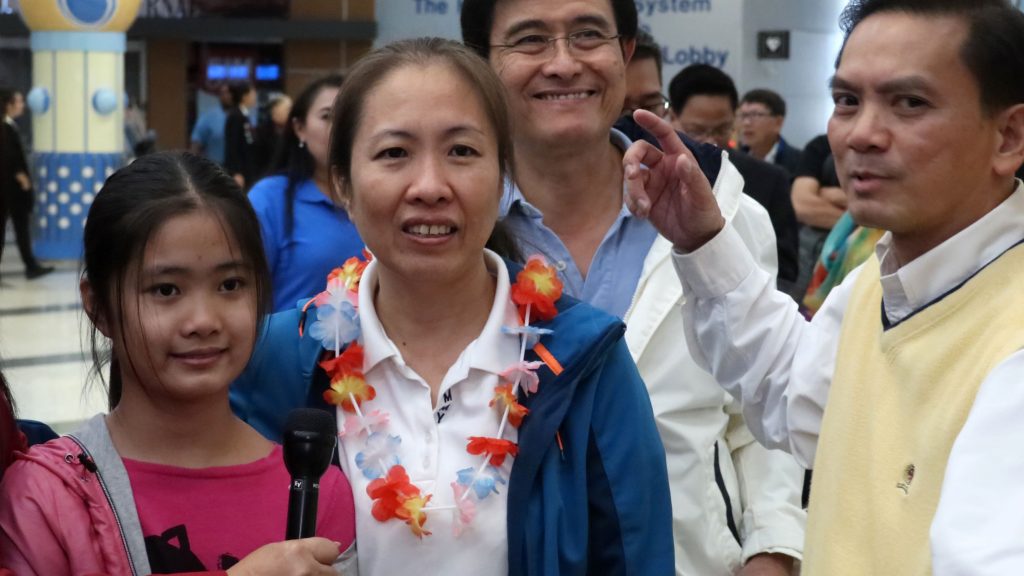
Nguyen Ngoc Nhu Quynh is a Vietnamese blogger better known by her pen name “Me Nam”, or “Mother Mushroom” in English. She chose this name because one of her daughters is nicknamed “mushroom”.
In 2016, the Vietnamese authorities arrested Me Nam for writing a blog that was critical of government corruption and land confiscation. As a result, she was sentenced to 10 years in jail. Amnesty International started campaigning on her behalf, calling for her release.
Me Nam spent two years in prison. In that time her health deteriorated, and she was denied medical treatment, before being unexpectedly released in October 2018 on condition that she leave Viet Nam for the USA.
She has vowed to continue speaking out against the Vietnamese government until there are “real” human rights in Viet Nam.
